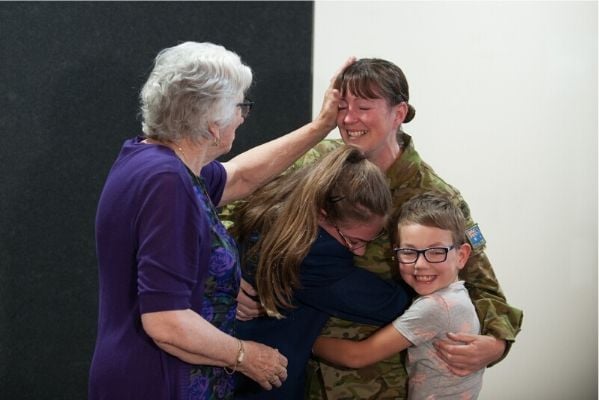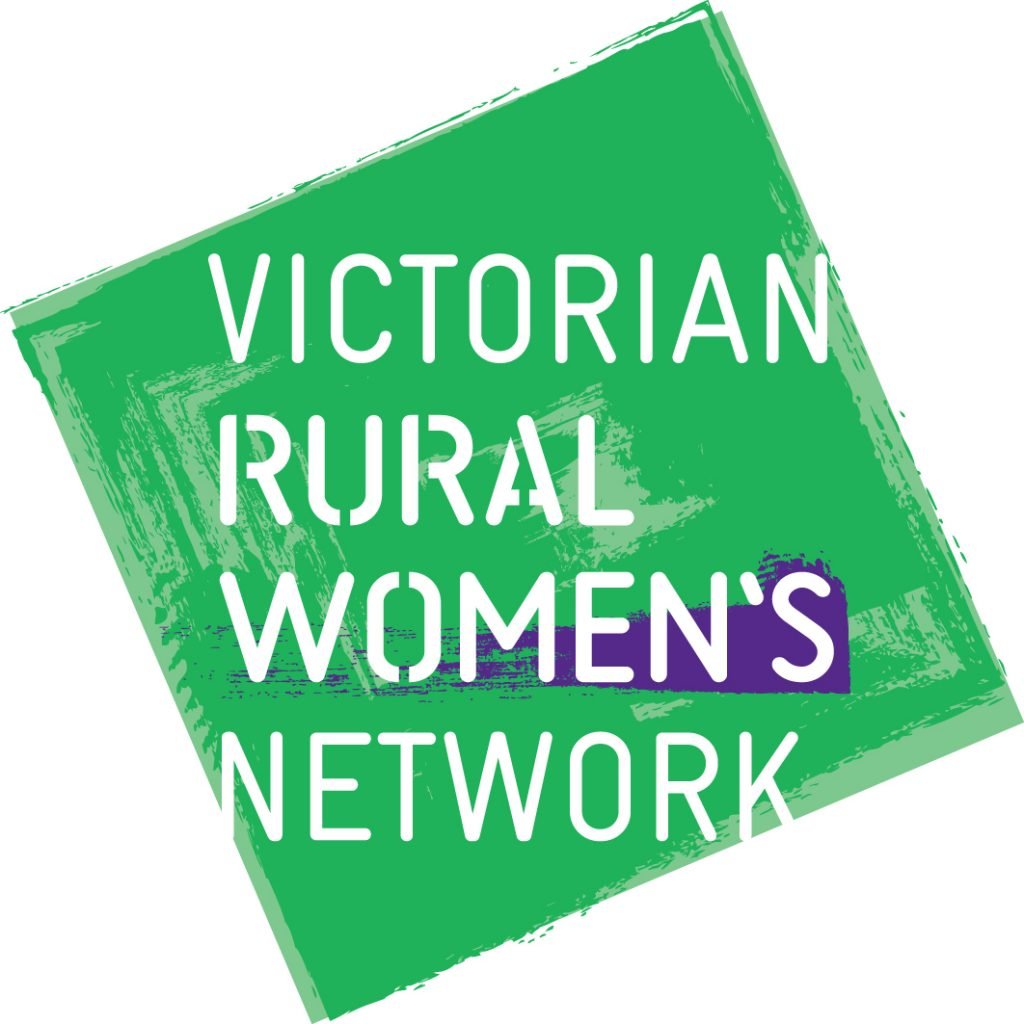It has been a tough start to 2020 following the devastating bushfires. Research shows fires and disasters affect men and women differently and their needs vary considerably in the recovery period. Victorian Rural Women’s Network checked in with Alison Kennedy, Researcher at the National Centre for Farmer Health, to discuss the best ways to support those impacted by fires.
What is the role of the National Centre for Farmer Health in times of disaster
“The role of the National Centre for Farmer Health is three-fold in times of disaster:
- To continue to deliver existing programs, information and education in order to build health, wellbeing and safety capacity for farming communities managing tough times, including the recent bushfires
- To provide information about available resources and support for people affected by tough times, including the recent bushfires
- To work with communities, health services, industry and government to deliver programs that are well-timed and tailored to the needs of community.
Our focus is on farmers, farm workers and farming families but also includes people who work to support farmers and members of the rural farming community.”
Why do disasters affect men and women differently?
“From the research we have done, bereavement sometimes shows a different picture for men compared to women. There is a bit of a perception that women are more likely to ask for help than men. In rural areas, this is not necessarily the case. Rural women wear many hats. They often take the lead in running the house and childcare and are frequently involved in the family business and off-farm work. They are the glue that holds family wellbeing together. Having this wider network can add to their burden but also provide opportunities for support that may not always be available to men. There is often a spike in alcohol misuse and domestic violence in tough times. Women are often reticent to ask for help due to the very nature of their roles [as caregivers] and often prioritise the wellbeing of others before themselves making them particularly vulnerable. Women are also less likely than men to have access to resources necessary to leave.”
How can I support someone after a disaster?
- “Recovery from traumatic situations can be very extended so offer help in a number of different ways through the journey. In the initial phases of a crisis, practical help is most important — cooking a meal or helping with transport can be very helpful.
- If you are at a loss for words, say something like, ‘I am here to support you and will be there for you if you can help me understand your situation.’ Take the opportunity to have conversations and check in with people who you have committed to help. It may be as simple as calling them back.
- Encourage simple wellness activities such as healthy eating, getting enough sleep, staying socially connected and prioritising small moments in the day to do something they enjoy.
- Encourage them to avoid unnecessary exposure to traditional and social media. Being constantly confronted with traumatic footage and images can be psychologically damaging.
- Direct them to useful resources.”
Find out more about resources and support available through National Centre for Farmer Health at farmerhealth.org.au/support.
The Victorian Government also provides technical, financial, personal and regional support for families dealing with drought. This can be found on the Agriculture Victoria website.
Pictured: Corporal Marie Yorston reunited in Ballarat with her niece Allee, nephew Brody and Sue Yorston (grandmother), after a month away working in Victoria’s Gippsland region. Image courtesy of Australian Defence Force Image Gallery


